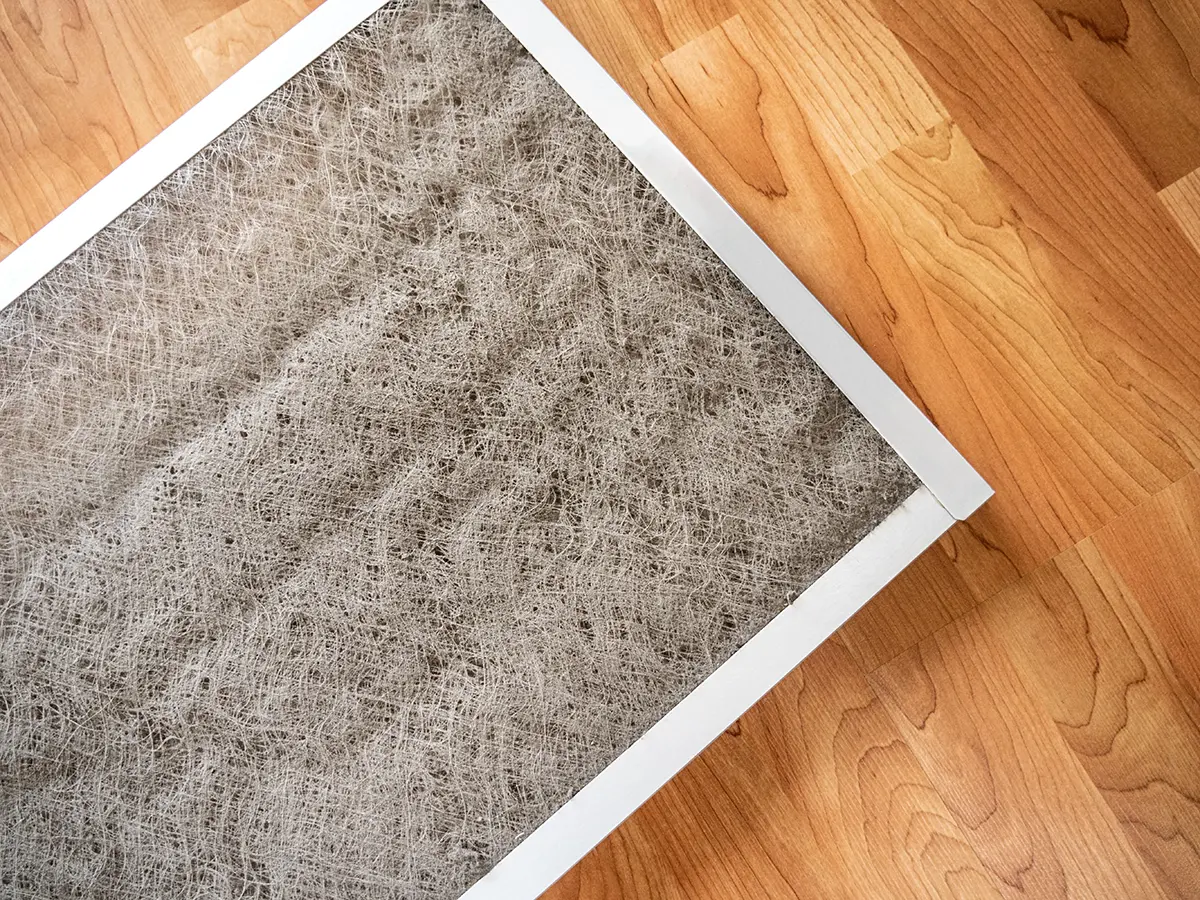As a homeowner, ensuring the longevity and efficiency of your heating and air conditioning (HVAC) system is essential for maintaining a comfortable living environment and reducing energy costs. With proper care and attention, you can extend the life of your HVAC system and avoid costly repairs or replacements. Here are some simple ideas and suggestions to help you maximize the lifespan of your home heating and air conditioning system.
1. Regular Maintenance is Key
One of the most effective ways to prolong the life of your HVAC system is through regular maintenance. Schedule annual inspections with a qualified HVAC technician to check for any potential issues. During these inspections, the technician will clean components, check refrigerant levels, and ensure that the system is operating efficiently. Regular maintenance can help identify problems early, preventing more significant issues down the line. If available, opt to sign up for an annual service plan as it will be much more cost effective in the long run.
2. Change Air Filters Frequently
Dirty air filters can restrict airflow, causing your HVAC system to work harder than necessary. This not only reduces efficiency but can also lead to premature wear and tear. Check your air filters monthly and replace them every 1-3 months, depending on usage and the type of filter. A clean filter improves indoor air quality and helps your system run more efficiently.
3. Keep Vents and Ducts Clear
Ensure that all vents and ducts are free from obstructions. Furniture, curtains, and other items can block airflow, forcing your HVAC system to work harder. Regularly check and clean your vents to ensure there is optimal airflow throughout your home. Additionally, consider having your ducts professionally cleaned every few years to remove dust and debris that can accumulate over time.
4. Seal and Insulate Ductwork
Leaky ducts can lead to significant energy loss, making your HVAC system less efficient. Inspect your ductwork for any visible gaps or leaks and seal them with duct tape or mastic sealant. Proper insulation of ducts, especially those in unconditioned spaces like attics or basements, can also help maintain temperature and improve efficiency.
5. Utilize Programmable Thermostats
Investing in a programmable thermostat can help you manage your heating and cooling more effectively. By setting specific temperatures for different times of the day, you can reduce energy consumption when you’re not home. This not only saves money on your energy bills but also reduces the workload on your HVAC system, extending its lifespan.
6. Maintain Outdoor Units
For air conditioning systems, keeping the outdoor unit clean and free from debris is crucial. Regularly check for leaves, dirt, and other obstructions around the unit. Trim back any plants or shrubs that may encroach on the unit, ensuring at least two feet of clearance for proper airflow. Additionally, consider having the outdoor unit professionally cleaned during maintenance visits.
7. Monitor Humidity Levels
High humidity can put extra strain on your air conditioning system. Use dehumidifiers in areas prone to excess moisture, such as basements, to help maintain optimal humidity levels. Keeping humidity in check not only enhances comfort but also reduces the workload on your HVAC system.
8. Be Mindful of Temperature Settings
Extreme temperature settings can cause your HVAC system to work harder than necessary. Aim for a moderate temperature setting that balances comfort and efficiency. In the winter, set your thermostat to around 68°F (20°C) when you’re home and lower it when you’re away. In the summer, aim for around 75°F (24°C) for optimal comfort without overworking your air conditioning system.
9. Consider Upgrading When Necessary
If your HVAC system is over 10-15 years old and requires frequent repairs, it may be time to consider an upgrade. Newer models are often more energy-efficient and come with advanced features that can save you money in the long run. Consult with an HVAC professional to determine the best options for your home.
By implementing these simple tips and suggestions, homeowners can significantly extend the life of their heating and air conditioning systems. Regular maintenance, mindful usage, and proactive care can lead to a more comfortable home environment while saving money on energy bills and repairs. Remember, a well-maintained HVAC system not only enhances comfort but also contributes to the overall value of your home. Take the time to care for your system, and it will serve you well for years to come.
